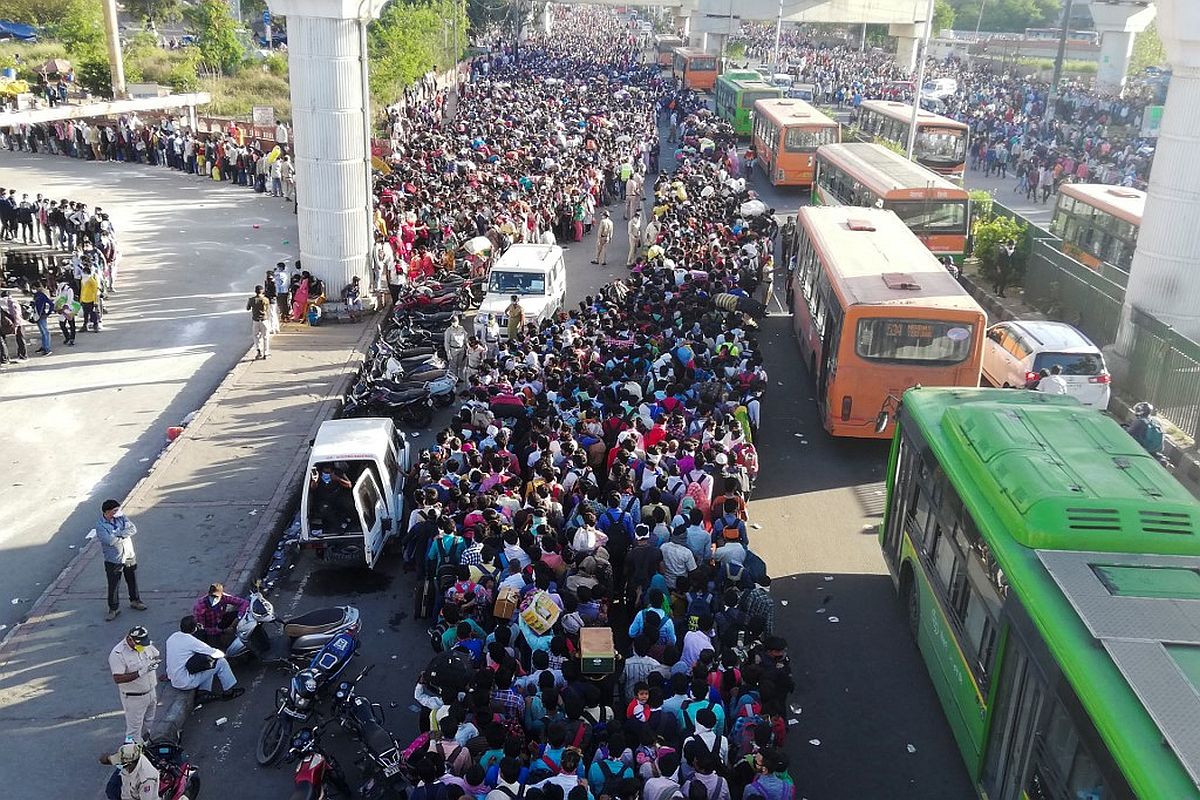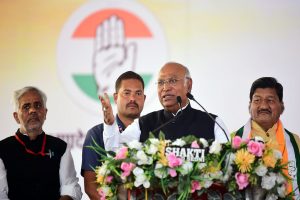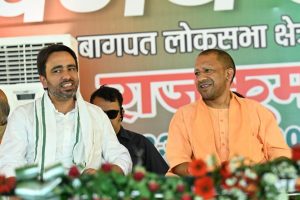If someone were to ask my family whom they are missing the most during this lockdown even though everyone is confined together, unanimously they would point to our cooks and maids. Chances are most households are missing them, eagerly waiting for them to come back and even praying that they remain safe. Our cooks, maids, drivers, delivery boys, construction workers, plumbers, carpenters etc. are our lifeline and keep India going.
These migrant workers in order to keep their lives going, migrate to cities from villages. Census 2011 pegs the total number of internal migrants in the country at a staggering 139 million. A large number of them live hand to mouth and can easily slip back into poverty when faced with even a single contingency like a lockdown. The lockdown almost ceased their livelihoods and they ran to the safety of their villages.
We all saw heart-wrenching images of migrant workers battling hunger and fatigue, even walking hundreds of kilometers to reach their village where they could get food and a roof. They are the “Urban Poor”: Marginalized and exploited. The political class ignores them because they don’t count as votes. States deem internal migration as a problem and a burden on urban infrastructure. Trade unions are ambivalent as they do not represent significant political gains for them.
Irony is that India’s growth story is propelled by internal migration, and India will continue to grow as internal migration increases. Just like migrants brought globalization to the world these internal migrants became the unnamed backbone of India and brought prosperity to urban cities. Their toil ensures skyscrapers stand, metros get built in the most unimaginable places, toilets at airports shine and groceries get delivered in a jiffy. But prosperous India has failed them.
Low wages, no safety net, unsafe work environments, disputes at worksites, non-payment, abuse, accidents and even death are just some of the occupational hazards these migrants have to live with. The Government has done little to emancipate them. The landmark Code on Wages, which was passed on 2 August 2019, did little for the lives and livelihoods of these workers. The national floor minimum wage was set at Rs 178 under the Act, only Rs 2 more than the amount declared two years ago.
Taking inflation into account, this translates into a decline in real wages. In 2020, four new codes are likely to be introduced with an uber mission to improve ease of doing business in India. The codes will regulate wages; industrial relations, working conditions and social security. While these codes go a long way to attract employers they pay lip service to migrant workers. Hiring and firing of contractual workers will now be much easier for employers.
Only firms that employ more than 300 workers need government approval to fire staff ( earlier limit was 100). Unionisation and strikes are almost banned. Minimum wages will now be revised only once every five years, and the code is unclear on payment for overtime work. India needs to do more for these unnamed heroes who risk their lives, stay in makeshift houses, and sacrifice the future of their children only to ensure that dreams of our children see the light of the day.
First and foremost, for any benefit to trickle to these migrants they need to be identified. Each state Government should maintain a migrant population register so in times of need, fiscal help can be extended to them as it is being done now for “rural poor” through direct deposits in Jan Dhan Yojana bank accounts. To protect the interests of migrant workers in the destination state, each source state should have a liaison office in the destination state.
The idea is similar to a country that has embassies of foreign countries to protect the interests of non citizens. These offices could function as registration centres, remittance shops, insurance providers, arbitration and disputes resolution centres. During the current lockdown these offices could have sent SOS alerts to migrants to reach for pre-arranged transportation. These offices may not be in all states but at the hotspots of migration.
For example, UP and Bihar are the biggest source states, followed closely by MP, Punjab, Rajasthan, Uttarakhand, Jammu and Kashmir and West Bengal; the major destination states are Delhi, Maharashtra, Tamil Nadu, Gujarat, Andhra Pradesh and Kerala. To extend it further these centres could become the middlemen between employer and the worker. Since enforcement of wages, safety and well being are low priorities for opportunistic employers, these offices could be the official destination for employers to find workers and for workers to get their paychecks.
Implementation would require strong interstate support and hotlines between states to resolve issues quickly. Interstate support could ensure that the demand of each host state is known in advance to the source state and it could divert outflow of migrant workers accordingly. We also need more NGOs to support the cause of these “urban poor”. NGOs are generally focussed on specific segments like farmers, women, artisans etc but not many are focussed on migrant workers as these people are always moving.
The liaison office could be a good starting point for NGOs to reach this segment. As we work on the above areas it is important to realize that these jobs are finite in nature. India unlike China is not a manufacturing hub so has limitations on how many of these migrant workers it can absorb. With the advent of automation these jobs will decline. It is vital that the Government realizes this and sets up safety nets to take care of these migrant workers whose sweat and toil makes India’s armour glisten.
If the Government can fight tooth and nail to provide citizenship for illegal migrants of persecuted minorities from neighbouring countries, it can surely help these migrants who already are Indian citizens but are persecuted, oppressed and ill-treated. They indeed deserve more.
(The writer, a management post-graduate from the Indian Institute of Management, Kolkata, works for Google. These views are personal)











